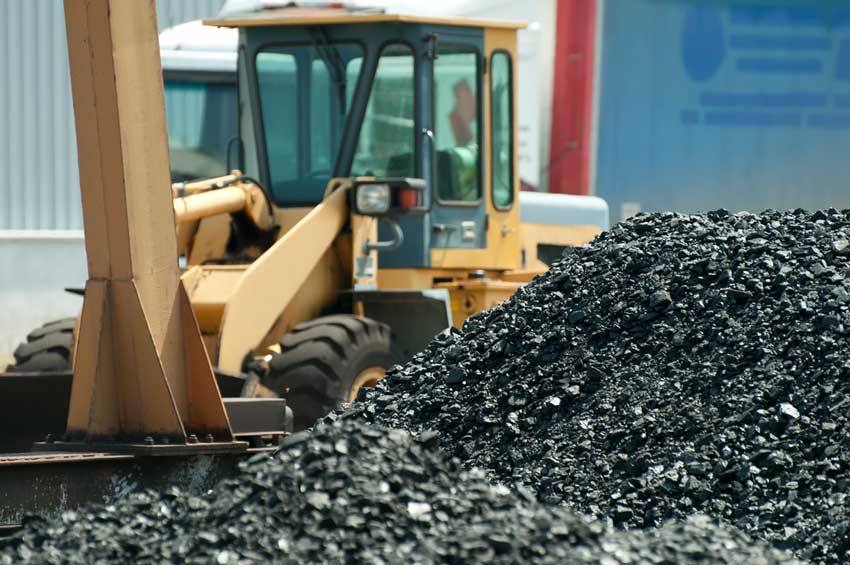
It’s been a common theme on this blog that excavation – done properly and professionally – is more than what it may seem, which is to say digging a hole, or worse, playing in the dirt.
In order to do excavation right, which is an important step toward most any sort of construction, groundwork (metaphorical and literal) must be laid and preparations should be undertaken.
Ignoring excavation is asking for eventual frustration, hassle or worse. Not preparing correctly for your excavation, in turn, will only cost more in terms of finance and time – at best.
Here are some steps you should expect to be taken by the site manager – be it you or, in our opinion the wiser option, professionals such as those of us at Little’s Excavation – before getting under way with the first steps in your project:
Survey the site
This doesn’t just mean look it over, as in a general sense; here, it’s a technical term for a specific process that will ensure you’ve selected the exact location you intended to before any building begins, or for that matter any other work related to it. Without doing this, you run the risk of having to move and start over, which carries with it any number of inconveniences or risks.
Clear your path
Trees, bushes, stumps, roots and really any vegetation or its remnants, past or present, should be removed as best is possible. Stones, boulders and large rocks are a hindrance that must be cleared. Any other sort of manmade materials as well should be out of the way. As no site is untouched by either humanity or nature, this figures to be a necessity no matter what you are building or where it is going.
Checking the soil
This must be done to see if the soil on site will withstand the weight and beating that both building a structure and simply its long-term existence will exact. It’s also important to find out how or if the soil and its slope can handle copious amounts of water, to prevent flooding.
But even beyond all that, it is important to know what sort of soil there is before its removal begins because different equipment and tactics are used for different soils, based largely on their composition.
Account for underground utilities
This begins with making sure you know where buried wires or lines are before excavation begins, to prevent both inconvenient outages and tragic accidents. We have connections with companies that specialize in locating these lines. Informing utility companies before excavation begins is a critical step here as well.
Little’s Excavation is your best bet locally and regionally for making sure your excavation is carried out in a thoughtful and efficient manner!
